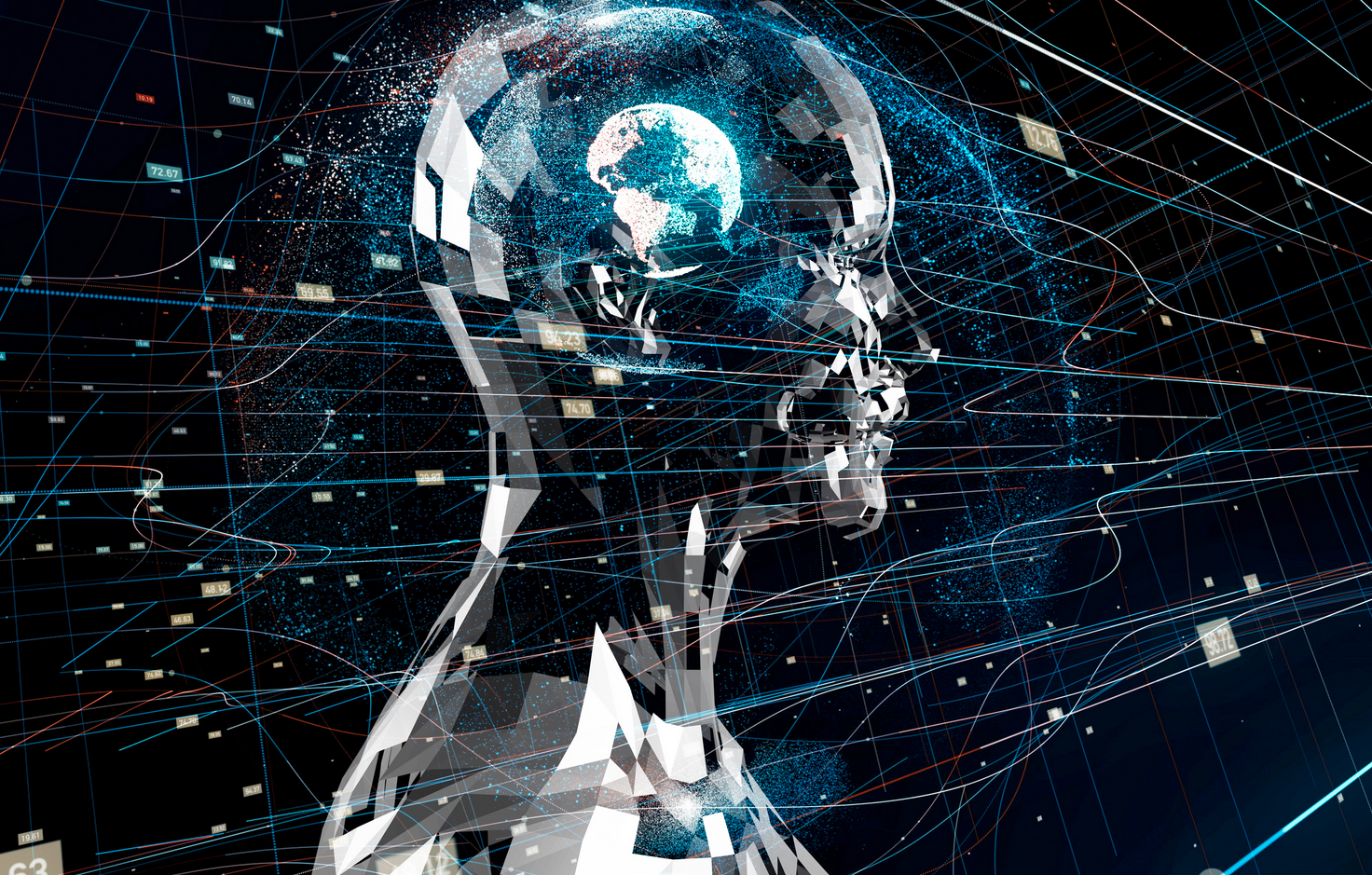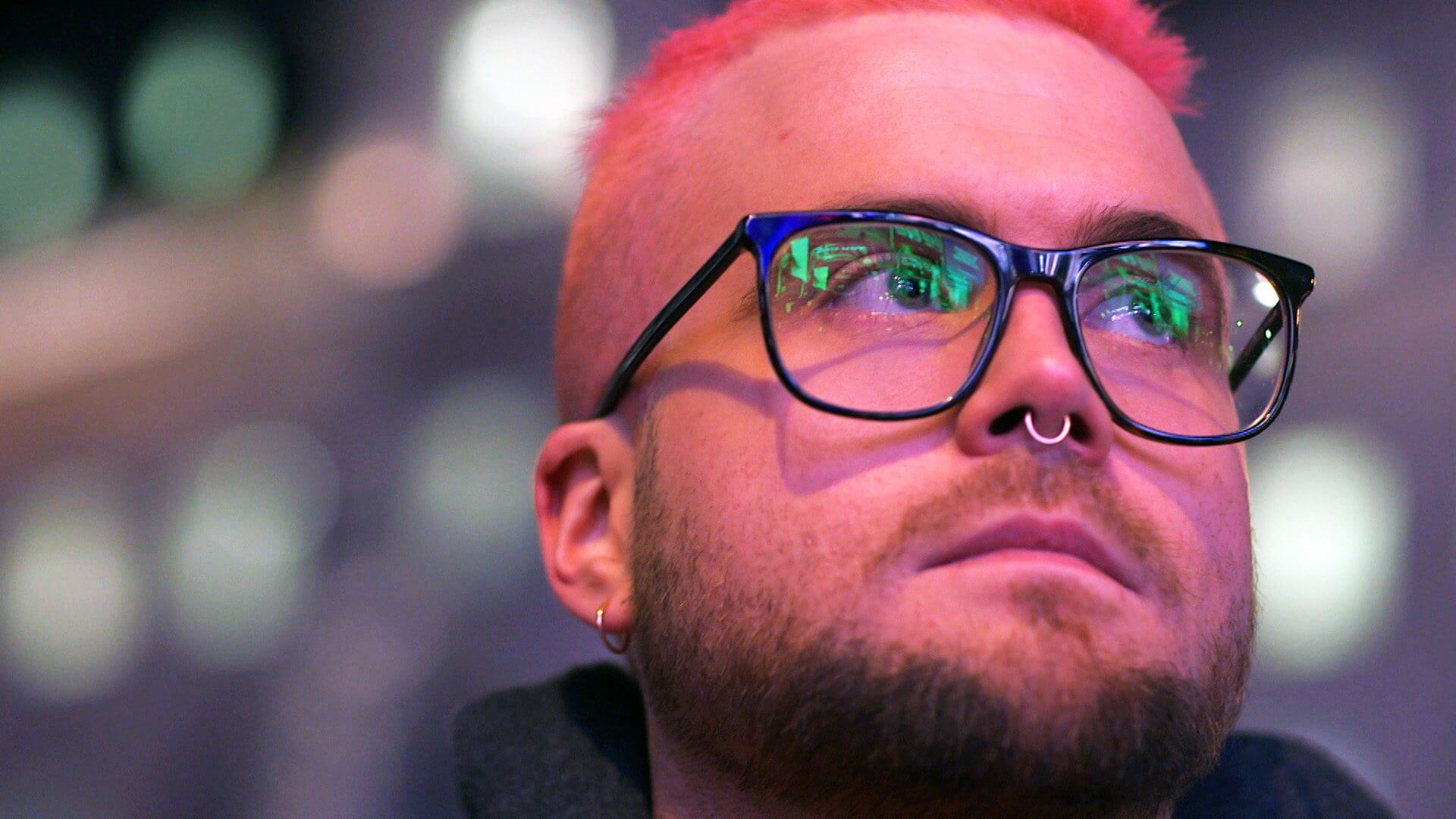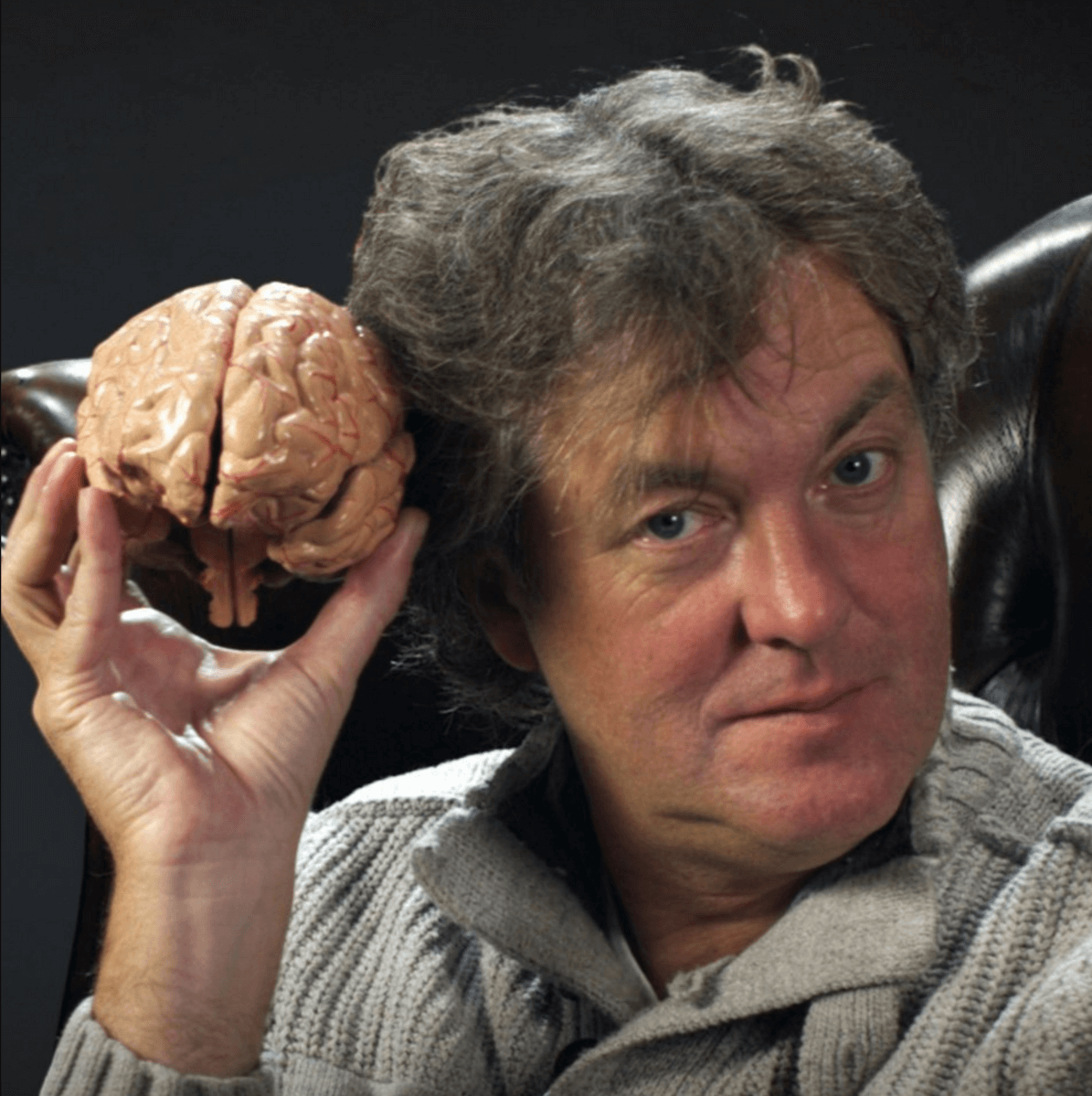description:
Whether you get a job or a mortgage, who is released early from prison: algorithms increasingly determine the big decisions in our lives. Algorithms rule us all, algorithms rule everything. Because algorithms are faster and more efficient than people. But do they always make better decisions? And what does a society look like in which we are sent by big data and computer code? Companies, and increasingly governments too, use algorithms to automate bureaucratic processes. These algorithms, sets of instructions and rules that are fed by big data, unnoticeably determine our lives more and more. For example, the algorithm of Facebook determines which (political) advertisements we see and see large groups of employees in the on-demand economy never even a boss. From an application procedure to a dismissal request they are controlled by an algorithm. Where should they complain if something does not go as it should be? Legislatives are also emerging in the judiciary. For example, an American prisoner had to sit longer than comparable prisoners because the algorithm, which establishes a risk score, gave him an inexplicably high outcome. And unlike the decisions made by a judge, it turns out to be virtually impossible to challenge the assessment of an algorithm. Recently the British company Cambridge Analytica appeared to have developed models based on large amounts of Facebook data, which could influence the voting behavior of voters. These psychographics show that algorithms can not only steer individual lives but also democracy. The mathematicians and programmers begin to realize that the algorithms that are among all these automated decision systems are not neutral and may contain errors. Because the smart code may then decide more quickly than people, the results are not only sometimes defective, but sometimes downright dangerous. Should we be blindly guided by the decisions of the algorithm?









